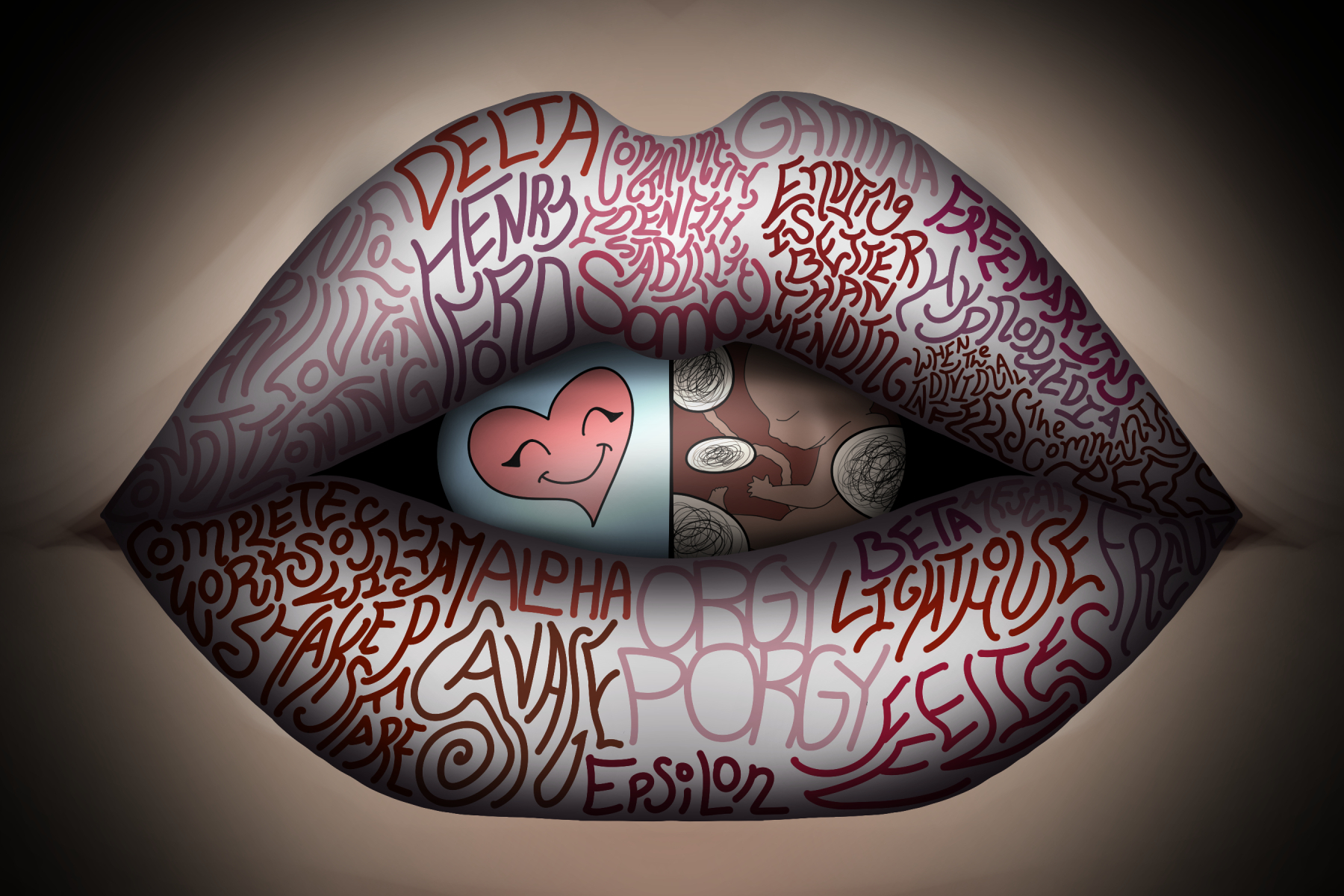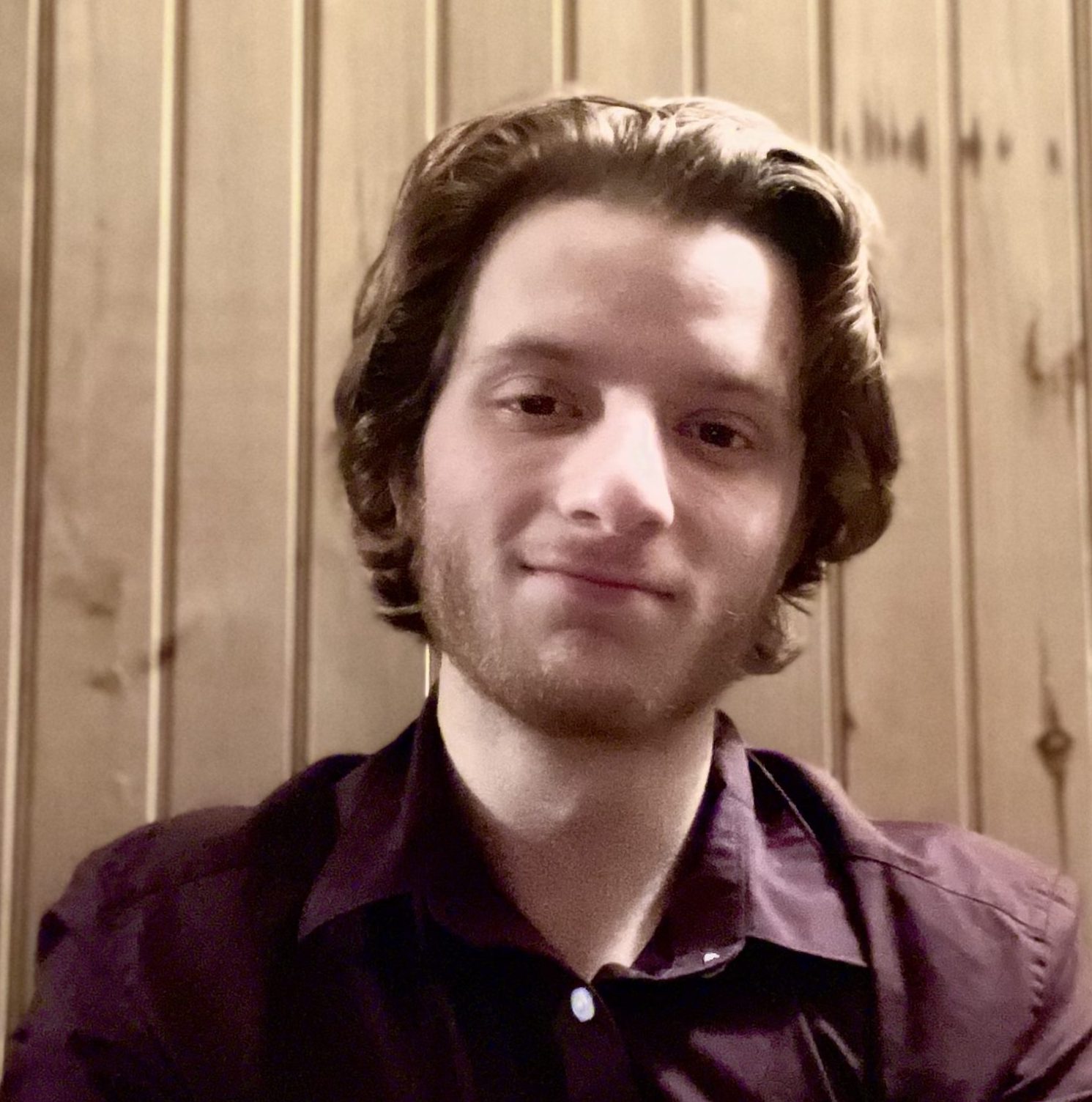The dystopian novel has long served as a profound medium of social commentary. It offers readers a glimpse into alternate worlds that are fundamentally flawed yet entirely plausible. Authors of dystopian fiction generally draw inspiration from real-world societies. They incorporate topical ideas or issues into their narratives, often making them as extreme as possible to showcase a slippery slope that may develop over time.
George Orwell’s “1984” exhibits the dangers of a government that controls every facet of public life, including thought, Margaret Atwood’s “The Handmaid’s Tale” shows the threat posed by a government that exerts total control over a woman’s body. Both novels were influenced by current happenings of their age and are regularly quoted in political discourse regarding government overreach.
Less referenced, however, is “Brave New World.” It is a story written by English author Aldous Huxley that, despite being published in 1932, depicts a world with striking similarities to our own. Huxley wanted “Brave New World” to contradict more optimistic utopian stories of the time; he desired to create a frightening vision of the future.
Approximately 90 years have passed since its initial publication, and modern readers may realize that many of Huxley’s predictions are now more fact than fiction.
The New World
Huxley’s vision of the future involved extraordinary technological advancements that streamline automatization and raise the standard of living. Religion is more or less defunct; the closest thing to a deity is the infamous 20th century businessman Henry Ford, who is lionized for his industrial innovations (“in the year of our Ford” is a common phrase). In 2021, 29% of Americans identified as having “no religion,” an increase of 13% since 2007. Huxley theorized that scientific advancements will inevitably lead to a decline in religious affiliation, and he does not seem wrong in that respect. Additionally, the worship of Henry Ford somewhat resembles the mass admiration that billionaires like Mark Cuban and Elon Musk receive from supporters.
Of course, he didn’t predict iPhones or Bluetooth or streaming, but “Brave New World” still captures a pivotal truth about technologically dependent societies, including our own: a world of creature comforts and convenience often leads to lethargy and blind acceptance.
“A really efficient totalitarian state would be one in which the all-powerful executive of political bosses and their army of managers control a population of slaves who do not have to be coerced, because they love their servitude,” reads a passage from the book.
Whereas “1984” describes a world of pain and suffering, “Brave New World” depicts a world of overindulgence and pleasure. The latter is arguably the scarier scenario given that people caught in such a system are content with the status quo.
Hookup Culture
One major source of pleasure in Huxley’s dystopia comes in the form of sexual proclivity that is both socially acceptable and universally encouraged. Citizens become desensitized to sex at a young age, meaning there is nothing sacred or taboo about the act. Sex just for the sake of it has become the status quo, leading most people to wear “zippicamiknicks,” a jumpsuit-esque garment that features zippers rather than buttons, perhaps to facilitate “easy access.” Women also carry a “Malthusian belt” that provides a constant supply of birth control. After all, procreation is no longer the purpose of intercourse since, in Huxley’s world, all humans are born from artificial wombs. Relationships of any kind are a thing of the past. Sex exists solely to provide enjoyment.
One could argue that this setup bears similarities to “hookup culture,” which encourages people (especially young people) to engage in uncommitted sexual encounters with others who are not their romantic partners. Sociologists at Clemson University surveyed over ten thousand students and found that around two-thirds of the participants engaged in hookups on an irregular basis. A similar study by Vrangalova found that 37% of participants engaged in hookups to gain a greater sense of autonomy or self-esteem.
Coupling this with the fact that the average marrying age has increased by about 6 to 8 years over the last century demonstrates the validity of Huxley’s predictions; the desire to settle down and start a family is no longer as great a priority in this more sexually liberated age.
Rise of Antidepressants
The dystopia of “Brave New World” prioritizes endless pleasure and positivity above all else, so it’s only natural that people would require something to suppress their negative emotions. “Soma” is a mass-distributed drug that “cures” users of their negative feelings; sadness, anger and stress are no longer viewed as normal since they can be easily culled from the system.
Huxley — who famously experimented with psychedelics while writing “The Doors of Perception” — provides commentary on prescription medication that has become especially relevant in an age of skyrocketing antidepressant use. As of 2016, one in six Americans reportedly use antidepressants; that’s approximately 54 million people in the U.S. alone.
However, this rise in prescriptions is not necessarily indicative of a rise in depression. Oftentimes, these medications are prescribed to patients who don’t have a psychiatric diagnosis. Doctors may use antidepressants to treat other conditions like anxiety, insomnia and even ADHD.
“It’s unknown whether the drug is going to be effective because it’s never been studied,” warns Dr. Robyn Tamblyn of McGill University. “These doctors are prescribing in the dark.”
Like Soma, antidepressants are used to control a wide variety of conditions and emotions. What was once a last resort is gradually becoming a first response. Huxley predicted a future in which medications of this sort would be commonplace, and he wasn’t far off based on the statistics.
Fact or Fiction?
Of course, these parallels between “Brave New World” and our own do not mean that we’re living in the exact dystopia that Aldous Huxley predicted. After all, novels of this sort are meant to demonstrate what “could be” as opposed to “what currently is.” It remains a fascinating read for a number of reasons, not the least of which is that many of Huxley’s now decades-old predictions for the future are gradually coming to pass (though, not in the precise ways he envisioned).
He admittedly missed the mark with the “zippicamiknicks,” which have still yet to be invented. But who knows? “Brave New World” takes place in 632 A.F. (After Ford), otherwise known as 2450, so there’s still time. This entire article is evidence of Huxley’s ability to see around the curve, so perhaps we shouldn’t doubt him.

















